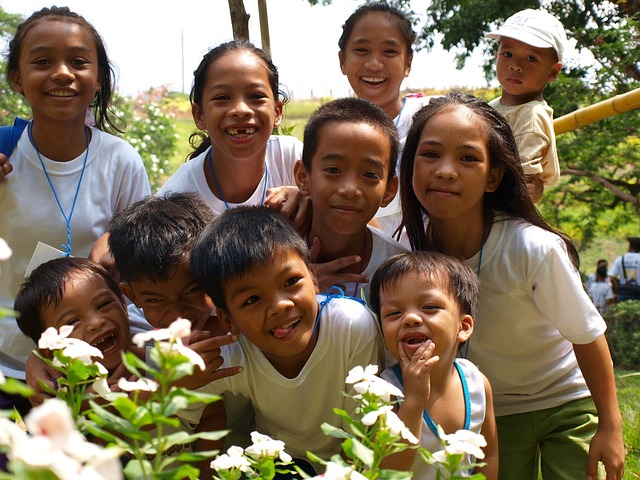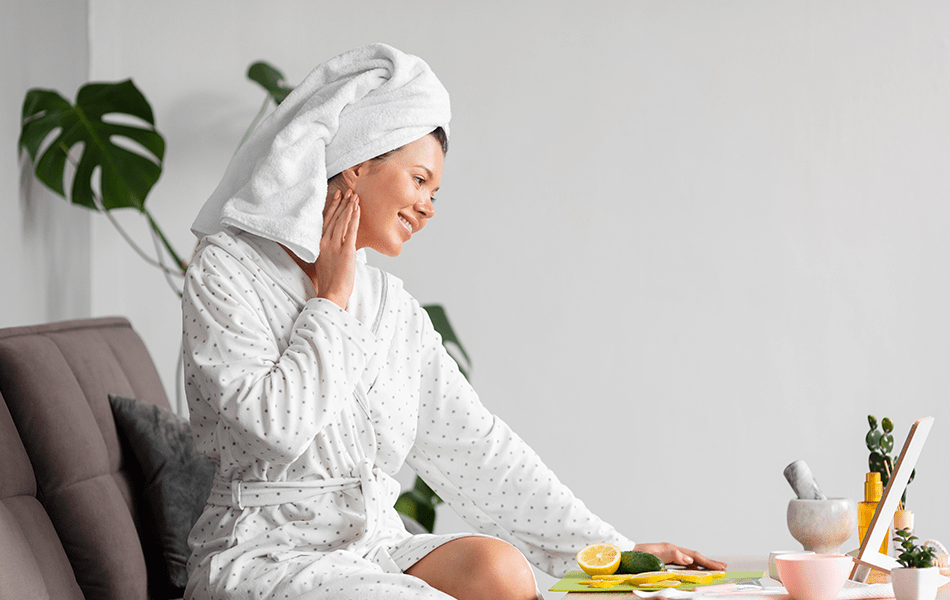Filipinos take pride in their status as one of the world’s most hospitable people. The Philippines’ culture strongly values showing guests the utmost courtesy and kindness. Historically, Filipinos had been put to the test by invasions from foreign nations, the unending rule of corrupt politicians, and deadly typhoons. These challenges have grown the nation’s resiliency and increased their faith. Sometimes it appears as though the typical Pinoy has no troubles as you can witness them laughing loudly and enjoying life. When they are not laughing, you can catch them singing along to a karaoke song while drinking with family members. Moreover, they frequently put the interests of others above their own. They will undoubtedly always be willing to provide a hand to you, even if they are broke, in tears, or submerged in floodings.
For the past 3 years, we had been in a global health crisis where many Filipinos had experienced mental health issues. According to Department of Health (DOH) qualitative data COVID-19 infection itself has a negative effect on a person’s mental health. Additionally, within six months of testing positive for COVID-19, one of three COVID-19 individuals had a mental health diagnosis in the Philippines. Lockdowns imposed by the government to stop the virus’ spread and the resulting social isolation have made already serious mental health issues worse. Research into mental health throughout the pandemic resulted in an increase in sleeplessness, anxiety, and depression which were common throughout the outbreak.
Mental Health in the Philippines

Filipinos are proud of their faith. Islam and other indigenous faiths are also evident in the Philippines, even though the majority of the population practices Christianity. Filipino cultural values are diverse in practically every way. One of the prevailing ideas is that mental disorders such as sadness and anxiety does not exist and should be ashamed of. This stigma had been lingering from what the general population believes about mental health conditions.
Since more Filipinos had firsthand experience of what it was like to have poor mental health during the pandemic, there was increased awareness of this issue. The Republic Act no. 11036 or the mental health act, was enacted on June 21 2019 as the country’s first mental health bill, has been formally signed into law. It offers a rights-based mental health bill and a thorough framework for putting the best possible mental healthcare into practice in the Philippines. In a culture where those who harm themselves have been referred to as “emo” or “papansin” by their peers, the signing of the bill is a significant milestone in the fight against the stigma of mental illness. The measure will open the door for appropriate mental health care services and information in schools.
Self Care in the Filipino Culture
Inside a typical Filipino home there are several generations of families. It is a way of life that has both historical and utilitarian foundations. Possessing strong and intimate familial bonds is one characteristics of being a Filipino. Grandparents, aunts, uncles, cousins, distant cousins, and even non-blood relatives are all considered to be part of a Filipino family.
The pandemic, however, makes it a double-edged sword. Front-liners frequently spend a sizable portion of their workweek providing for others. After their shifts are over, they return home to take care of their own families, which frequently includes their parents and/or children. These front-liners have very little self care activities for themselves. As a result, they were more prone to an unhealth mental wellness.
Self care is an undervalued but essential component of healthcare that calls for everyone’s involvement as well as a culture and environment that encourage it. After all, only healthy citizens can ensure public health and a prosperous nation. The need to improve our mental health literacy and knowledge are critical in order to conduct self care more effectively. Nevertheless, here are several self care activities you should try:
Process Emotions
During our emotional distress we often hear phrases like “kaya mo yan” or “maliit na bagay lang yun” to avoid addressing what has to be handled or feel. Recognizing the scenario and feelings you are now experiencing can help you achieve respite and be in a better mental condition, allowing you to plan your best habit or activities.
Have a Social Support
Utilization of digital mental health solutions, such as self care software and applications, has increased due to the pandemic. Online peer support programs have also become popular. The purpose of peer support groups is to provide and receive assistance from people who share the same way or similar circumstances and offer practical or emotional help. Having a social support group is one way to practice self care. You may also build one from your loved ones and friends.
Practice Meditation
Meditation offers several physical and mental benefits. It decreases stress, anxiety, and sadness, connects you to your inner self, encourages self-discovery, boosts emotional health, self compassion, gratitude mindset, and improves sleep. Meditation is an excellent self care tool since all of these advantages come under one or more of the self care areas.
Have a Balanced Diet
A diverse, well-balanced diet may be an important aspect of self care since the food you consume has a direct influence on your general health and well being. A proper diet can help with the management of everyday stress as well as the long-term impacts of stress. Continuously subjecting your body to stress can lead to health problems such as cardiovascular disease, diabetes, and other ailments. As a result, it is critical to give your body the nourishment it requires to resist stress. Eating sugar and processed meals can cause inflammation throughout the body and brain, perhaps contributing to mood disorders such as anxiety and depression.
Turn to Physical Activities
‘Feel good’ brain chemicals like endorphins and serotonin are released during exercise, which helps elevate your mood. In addition, Your sleep can be enhanced by exercise. Your physical health and mental health depend on getting enough sleep to boost your energy and focus.
Avail Mental Health Services
If the following ideas above does not help you progress mentally then the best way of taking care of oneself is to seek technical assistance from professional mental health service providers.
Conclusion
The importance of self care is more than just rewarding oneself with material items; it is also about developing a connection with oneself. Yes, it may seem trite, but it’s part of the work and personal responsibility. Being at peace is quite difficult nowadays, given how busy we are with responsibilities at home, work, or school. During the pandemic, we went above to assist others in need. Due to all of this, we believe that the simplest way to deal with situations is to sacrifice ourselves. But that is not the case, we may feel we have made the finest decision, but it turns out to be the worst for us.
Bria Homes have been Filipinos’ partner in taking care for our loved ones. Bria not only provides affordable house and lot, but they also develop a community that is mindful of psychological distress in their residents. Bria contributes to the improvement of our overall health.





